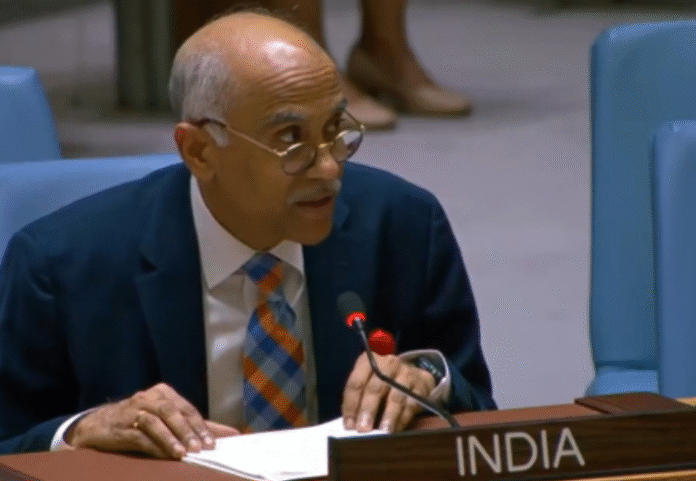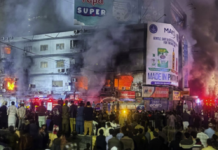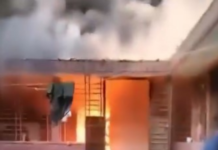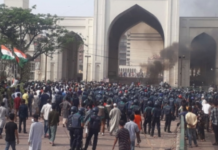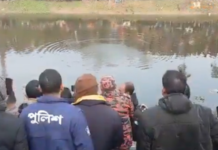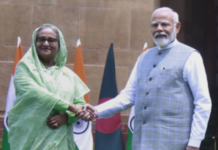UNITED NATIONS– India forcefully reminded the world of Pakistan’s atrocities during Bangladesh’s 1971 independence struggle, accusing Islamabad of trying to obscure its record through “misdirection and hyperbole” during a United Nations Security Council debate on Women, Peace and Security.
“This is a country that conducted Operation Searchlight in 1971 and sanctioned a systematic campaign of genocidal mass rape of 400,000 women citizens by its own army,” India’s Permanent Representative P. Harish told the Council on Monday, responding to Pakistan’s attempt to raise the Kashmir issue during the session.
“The world sees through Pakistan’s propaganda,” Harish said, calling Pakistani envoy Asim Iftikhar Ahmad’s remarks a “delusional tirade” aimed at diverting attention from his country’s own actions.
“A country that bombs its own people and conducts systematic genocide can only attempt to distract the world with misdirection and hyperbole,” Harish added.
Pakistan routinely raises Kashmir in UN forums, even when the discussions are unrelated. None of the other 192 member nations echo its stance. The exchange came as Islamabad sought to improve ties with the government in Dhaka, now led by Nobel laureate Mohammad Yunus, prompting renewed scrutiny of Pakistan’s actions during Bangladesh’s war of independence.
During last week’s unrest in Pakistan-occupied Kashmir, at least 12 civilians were killed as security forces cracked down on protests demanding government reform — a fact Indian diplomats cited to counter Islamabad’s allegations of human-rights violations in Indian-administered Kashmir.
UN Secretary-General Antonio Guterres opened the debate by marking the 25th anniversary of the Security Council’s landmark Women, Peace and Security resolution, which expanded women’s roles in peacekeeping, conflict prevention, and post-war reconstruction. He praised the growing participation of women in peace processes but warned that “gains are fragile and – very worryingly – going in reverse” amid rising conflicts and gender-based violence worldwide.
Harish described the adoption of that resolution as a “transformative moment” and highlighted India’s long-standing contributions to women’s participation in UN peacekeeping. He noted that Indian medical officers served in Congo as early as 1960, and in 2007, India deployed the UN’s first all-female Formed Police Unit to Liberia — a move that “inspired local women to join law enforcement and participate actively in rebuilding their nation.”
He also cited Kiran Bedi, the first woman officer in the Indian Police Service, who became the UN’s first female Police Advisor in 2003. “It is no longer a question of whether women can do peacekeeping; rather, it is whether peacekeeping can do without women,” Harish said.
India continues to train women military officers for UN missions through its Center for United Nations Peacekeeping in New Delhi, which launched a special course in 2016 that has drawn participants from dozens of countries. (Source: IANS)


